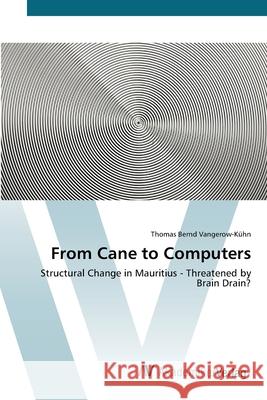From Cane to Computers » książka
From Cane to Computers
ISBN-13: 9783639382280 / Angielski / Miękka / 2011 / 232 str.
Ever since independence in 1968, Mauritius achieved what many African nations were not fortunate enough to accomplish: the transformation from a low developed, poverty stricken island in the 1970s to an expanding economy and financial as well as technological hub for the region. This was made possible against a variety of unfavorable external developments and internal constraints through constant structural change and economic diversification. Today, a series of new challenges emerge as Mauritius is trying to complete its transformation into a knowledge-based society investing into several promising fields to expand and stabilize its economic system. This book gives insight into Mauritian economic history, summarizes the current strategy of increased economic diversification and examines whether the Brain Drain phenomenon could provide a severe challenge for the nation's ambitious plans.
Ever since independence in 1968, Mauritius achieved what many African nations were not fortunate enough to accomplish: the transformation from a low developed, poverty stricken island in the 1970s to an expanding economy and financial as well as technological hub for the region. This was made possible against a variety of unfavorable external developments and internal constraints through constant structural change and economic diversification. Today, a series of new challenges emerge as Mauritius is trying to complete its transformation into a knowledge-based society investing into several promising fields to expand and stabilize its economic system. This book gives insight into Mauritian economic history, summarizes the current strategy of increased economic diversification and examines whether the Brain Drain phenomenon could provide a severe challenge for the nations ambitious plans.











